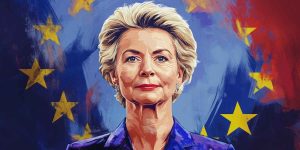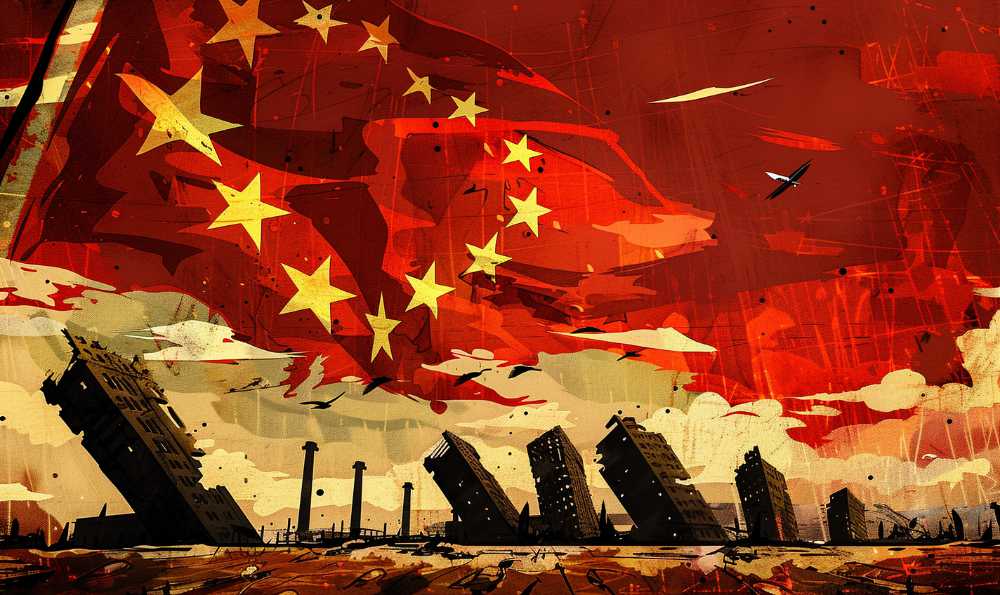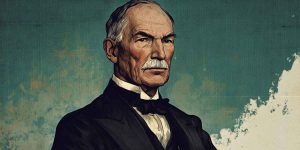Russia and Europe: A History of Conflict and Cooperation

The relationship between Russia and the rest of Europe has been complex and often fraught with tension. From the Napoleonic Wars to the current conflict in Ukraine, Russia has played a decisive role in European history, yet it has frequently been portrayed as an outsider or even an existential threat. While Russia’s actions deserve scrutiny, the narrative of it as a perennial antagonist oversimplifies a much deeper and more intricate history. Understanding this history is essential for a balanced perspective on today’s geopolitical landscape.
Napoleonic Wars and the First European Order
Russia has been deeply intertwined with European affairs for centuries. One of the defining moments in its relationship with Europe came during the Napoleonic Wars. In 1812, Napoleon’s invasion of Russia ended in disaster, with the Russian army’s strategic retreat and scorched-earth tactics playing a crucial role in the French emperor’s downfall. By 1814, Russian troops marched into Paris as part of the victorious coalition that restored order to Europe. Russia’s role in the defeat of Napoleon cemented its status as a major European power and a key player in the Congress of Vienna, which shaped European diplomacy for much of the 19th century.
The Crimean War and the Struggle for Influence
Despite Russia’s contributions to European stability, tensions arose between it and Western powers. The Crimean War (1853–1856) marked a significant turning point in European perceptions of Russia. Britain and France, seeking to curb Russian influence, allied with the Ottoman Empire to check Russian expansion in the Black Sea. The war ended in Russian defeat and fueled Western narratives of Russia as a backward and autocratic force at odds with liberal European values.
Russia in the World Wars: An Ally and a Victim
In both World War I and World War II, Russia (and later the Soviet Union) played a decisive role. During the First World War, Russia suffered immense losses fighting against Germany and Austria-Hungary. The 1917 Russian Revolution led to its withdrawal from the war, fueling Western fears of communism. In World War II, the Soviet Union bore the brunt of the Nazi onslaught, suffering over 27 million casualties and playing the leading role in Hitler’s defeat. The Battle of Stalingrad and the Soviet advance into Berlin were pivotal in securing victory for the Allies. Despite this, Cold War tensions quickly overshadowed Russia’s contributions.
NATO Expansion and the Post-Cold War Order
With the fall of the Soviet Union in 1991, Russia faced a new reality. Many hoped for closer integration between Russia and the West, but NATO’s expansion into Eastern Europe fueled Russian fears of encirclement. While NATO argued that expansion was necessary to secure the sovereignty of former Soviet states, Russia saw it as a direct threat. The 1999 NATO intervention in Yugoslavia, which bypassed the UN Security Council where Russia held veto power, reinforced Russian concerns about Western unilateralism.
Ukraine: A More Complex Conflict than Often Portrayed
The current conflict in Ukraine is often depicted as a straightforward case of Russian aggression, but the reality is more nuanced. The 2014 Maidan Revolution, which led to the ousting of Ukraine’s pro-Russian president, was seen by Moscow as a Western-backed coup. Russia’s annexation of Crimea and support for separatists in Eastern Ukraine were widely condemned, but from a Russian perspective, they were defensive moves against NATO’s growing influence. This does not absolve Russia of responsibility, but it highlights how the conflict is rooted in decades of geopolitical tensions rather than a simple struggle between democracy and autocracy.
Demonization and the Need for a Balanced Perspective
Russia is frequently portrayed in Western media as an inherent antagonist, yet it remains a European nation with a rich cultural and historical legacy. Russian literature, music, and scientific contributions are integral to European civilization. Additionally, Russia’s role in defeating Nazi Germany and maintaining European stability during the 19th century cannot be ignored. Recognizing this does not mean excusing Russia’s current policies but acknowledging that its actions, like those of any great power, are shaped by historical grievances and strategic concerns.
Conclusion: A Call for Realism in European-Russian Relations
The relationship between Russia and Europe has always been complex, characterized by both cooperation and conflict. While Russia has often been viewed as a threat, history shows that it has also played a crucial role in shaping European affairs. The current crisis in Ukraine should be analyzed with an understanding of historical context rather than simplistic narratives. If Europe and Russia are to find a path forward, a more nuanced and realistic approach is necessary—one that acknowledges past grievances while seeking long-term stability.
References
- Lieven, D. (2015). The End of Tsarist Russia: The March to World War I and Revolution.
- Roberts, A. (2001). Napoleon and Wellington: The Battle of Waterloo and the Great Commanders Who Fought It.
- Snyder, T. (2010). Bloodlands: Europe Between Hitler and Stalin.
- Mearsheimer, J. (2014). “Why the Ukraine Crisis Is the West’s Fault.” Foreign Affairs.
- NATO Official Documents on Expansion (1990-2004).


















